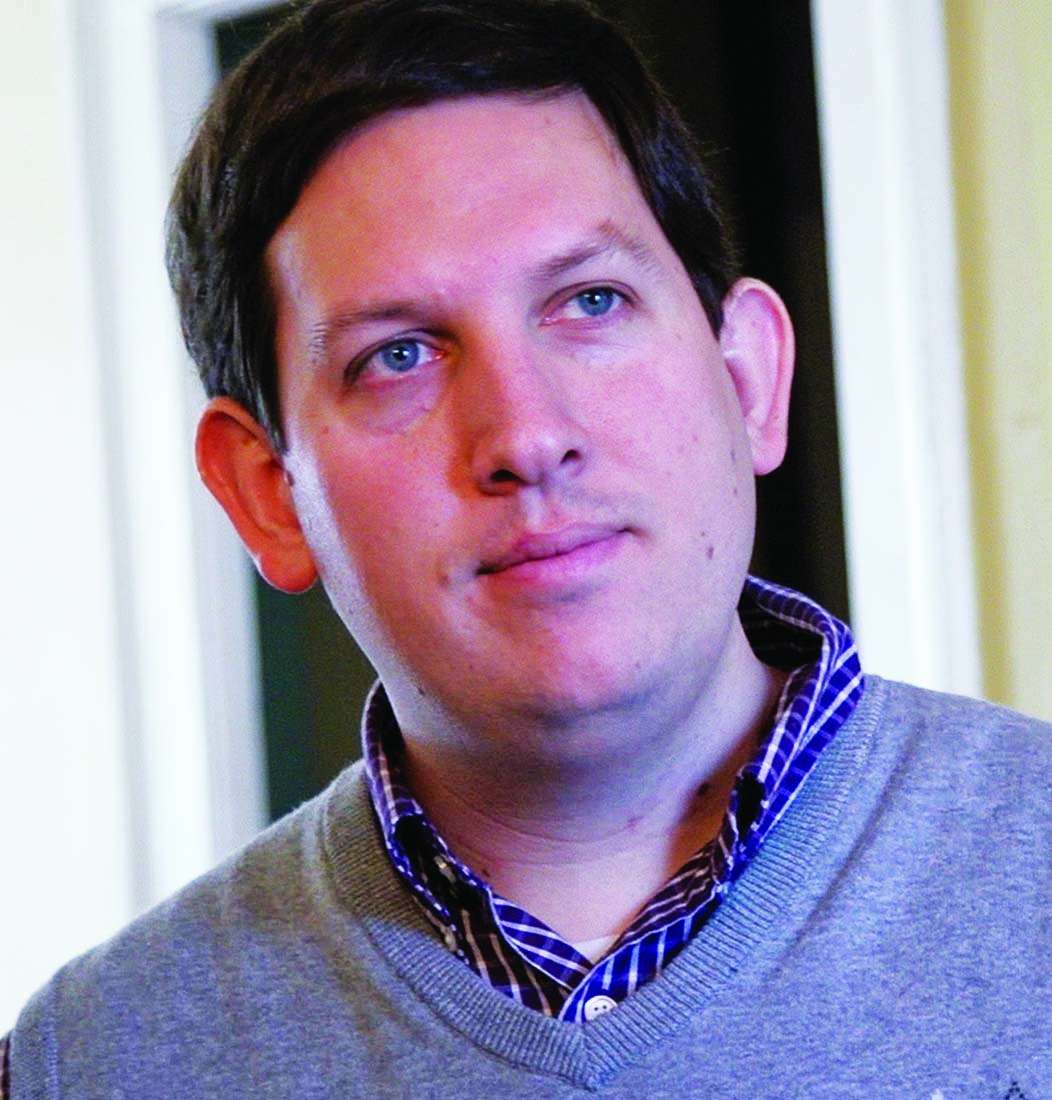Why I Threw a Sex Offender Brunch
Not everyone on the registry is a predator to be feared.

Sunday morning found me slicing the tomatoes and arranging a cheese platter as my husband set up chairs. At 11 a.m., the doorbell rang. And so began my very first sex offender brunch.
Ever since I started writing the book Free-Range Kids, I have been trying to figure out, as the subtitle says, "How to raise safe, self-reliant children without going nuts with worry." One thing not making kids safer, I learned, is the public sex offender registry. Study after study keeps showing two things. First, that most kids are hurt by people they know, not the strangers a registry might expose. Second, that there's been no difference in the number of sex offense arrests before and after implementing the public sex offender registry.
Worse yet, the registry is cluttered with people who don't actually pose a threat to children: including teens who had sex with other teens, people who urinated in public, men who visited prostitutes, and so on. In 2008, for instance, the Georgia Sexual Offender Registration Review Board revealed that of the 17,000 people on the state's registry, just over 100 were "predators" with a compulsion to re-offend. But when you hear the phrase "17,000 sex offenders," you're ready to Rapunzel your kids. The list is scaring the daylights out of parents.
Which brings me to my brunch. I made carrot cake and fruit salad, and invited my friends in the press to meet my friends on the sex offender registry: Josh Gravens, 28, and Galen Baughman, 31.
When Josh was 12, he played doctor with his sister. His sister told their mom, their mom called a counseling center to ask what to do, the counselor was a "mandated reporter," and Josh ended up in juvenile prison for three and a half years. His "therapy" there included such sickening requirements as acting out sex acts for the therapist. Ever since he got out, he has been on the registry, even though his sister forgave him long ago.
And Galen? When he was a 19-year-old opera student, he met a young man, 14, at a friend's family party. They started emailing. When the 14-year-old's mom discovered her son was writing to a gay teen, she took his computer to the local district attorney, who gave it to a cop.
The cop continued the online conversation, pretending to be the 14-year-old. He asked Galen to send him gay teen porn. When Galen complied, he was arrested for distributing kiddie porn. On Galen's personal computer, cops found evidence that he'd had a sexual encounter with a different 14-year-old. The emails showed it was consensual, but this still constitutes statutory rape.
He went to prison for nine years, including two and a half years after he completed his sentence. Those were spent in solitary confinement awaiting a trial to determine whether he was a "sexually violent predator." If so, he could have been kept locked up indefinitely, a process called "civil commitment."
He is the only person in Virginia to win a jury trial under Virginia's Civil Commitment of Sexually Violent Predators Act. Nearly 400 others, mostly sex offenders, are still civilly committed, which nearly always means a life sentence for people who already completed their time.
Josh and Galen told their stories to my reporter friends as we all ate our brunch. Then everyone went their separate ways, filled with a new skepticism about just whom we label a "sex offender." Some of those dots on the map are people you'd probably have a good time eating carrot cake with.
This article originally appeared in print under the headline "Why I Threw a Sex Offender Brunch."
Editor's Note: As of February 29, 2024, commenting privileges on reason.com posts are limited to Reason Plus subscribers. Past commenters are grandfathered in for a temporary period. Subscribe here to preserve your ability to comment. Your Reason Plus subscription also gives you an ad-free version of reason.com, along with full access to the digital edition and archives of Reason magazine. We request that comments be civil and on-topic. We do not moderate or assume any responsibility for comments, which are owned by the readers who post them. Comments do not represent the views of reason.com or Reason Foundation. We reserve the right to delete any comment and ban commenters for any reason at any time. Comments may only be edited within 5 minutes of posting. Report abuses.
Please to post comments


Politics is the formula for making the sex offender registry. It is applied ex-post facto and by there are no hearing permitted. It is a list that only lists convictions. How could that be a punishment?
It is a punishment because the list is used by society in order to isolate the individual regardless of whether he factually poses a danger to the community or not.
It is a punishment because there are no forum, hearings, or appeals for a registrant to show he does not pose a danger.
It is a punishment because when the ocmmunity has the list they use it to harass, threaten, isolate, banish and put fear into offenders.
UNTIL there is some DUE PROCESS to that registry under a system of accepted standards of proof I will not go onto a registry and I reserve the RIGHT to flee the registry.
DUE PROCESS is what seperates despots from the "rule of law." Your registry has almost zero and therefore as a matter of law it does not have to be (and will not) be followed.
Indeed a good story. A lot to learn there from your experience. Thanks for sharing it.